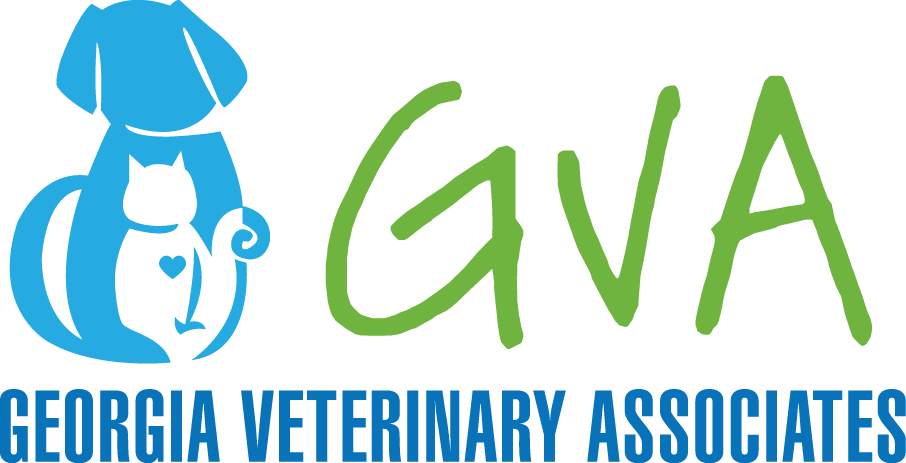Top 7 Tips for Preventing and Addressing Pet Obesity
Pet obesity is a growing concern in today's society, affecting the health and well-being of countless dogs and cats. Obesity can lead to various health issues, including diabetes, joint problems, and a decreased lifespan. As responsible pet owners, it's crucial to take steps to prevent and address obesity in our furry companions. In honor of pet obesity awareness being in October, we'll discuss seven essential tips to help your pet maintain a healthy weight and live a happier, longer life.
1. Regular Veterinary Check-ups:
One of the most important steps in preventing pet obesity is scheduling regular check-ups with your veterinarian. Your vet can monitor your pet's weight and overall health, providing guidance on diet and exercise tailored to your pet's specific needs.
2. Measure Meals Precisely:
Avoid the "free-feeding" approach and instead measure your pet's food portions accurately. Follow the recommended feeding guidelines provided on the pet food packaging or consult your veterinarian for personalized recommendations. This helps prevent overfeeding and promotes portion control.
3. Choose High-Quality Nutrition:
Opt for high-quality pet food that meets your pet's nutritional requirements. Look for foods with real meat as the primary ingredient and healthy grains for good digestion. Discuss your pet's dietary needs with your veterinarian to select the best food for them.
4. Provide Regular Exercise:
Just like humans, pets need regular exercise to maintain a healthy weight. Engage your pet in daily physical activity, such as brisk walks for dogs or interactive play sessions for cats. The type and duration of exercise may vary based on your pet's age, breed, and health status.
5. Say No to Table Scraps:
Resist the temptation to share human food with your pet, as it can lead to unhealthy weight gain and digestive issues. Human food is often high in calories and can disrupt your pet's balanced diet. Stick to pet-approved treats and avoid table scraps altogether.
6. Monitor Treat Intake:
While treats can be a valuable tool for training and bonding with your pet, they can also contribute to excess calories. Be mindful of treat consumption and choose low-calorie, healthy options, such as frozen green beans, bananas, apples, and blueberries. You can even break treats into smaller pieces to make them last longer.
7. Recognize the Signs of Obesity:
Educate yourself on the signs of obesity in pets, including a visibly rounder shape, inability to easily feel ribs, difficulty moving, and increased lethargy. If you notice any of these signs, consult your veterinarian promptly. Early intervention is key to managing and reversing obesity in pets.
Pet obesity is a preventable and manageable condition with the right knowledge and commitment. By following these seven tips and working closely with your veterinarian, you can help your pet maintain a healthy weight and enjoy a longer, more fulfilling life. Remember that every pet is unique, so consult with your vet to create a tailored plan for your furry friend's well-being.
